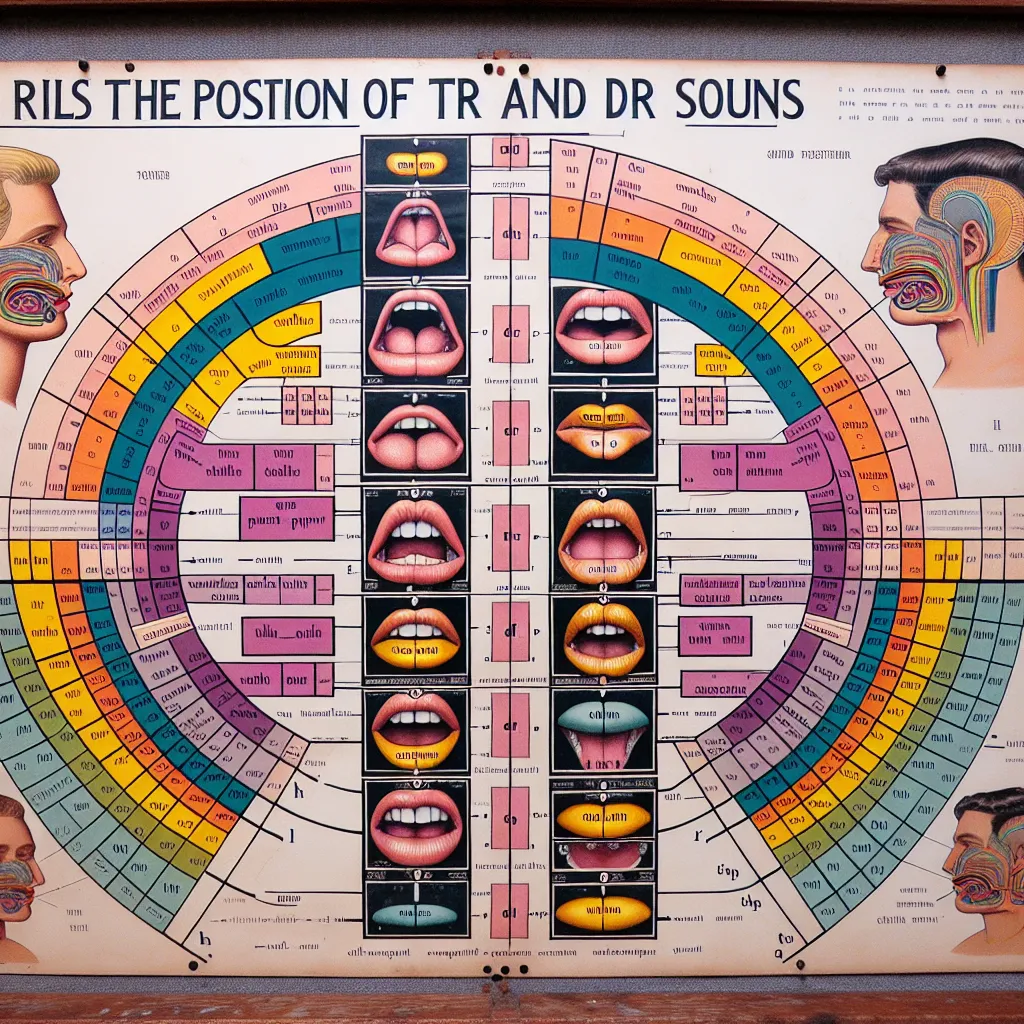Are you looking to improve your English pronunciation and speak more naturally? You’re in the right place! As a content creator for LearnEnglish.net and an experienced English pronunciation instructor, I’m here to share valuable tips and techniques to help you achieve clear and natural English speech. Whether you’re a beginner or an advanced learner, this guide will provide you with practical advice to enhance your pronunciation skills.
Why is Clear Pronunciation Important?
Before we dive into the tips, let’s understand why clear pronunciation is crucial for effective communication in English. Good pronunciation:
- Enhances comprehension: When you pronounce words correctly, native speakers can understand you more easily.
- Boosts confidence: Improved pronunciation leads to increased confidence in speaking English.
- Reduces misunderstandings: Clear speech minimizes the chances of miscommunication.
- Improves professional opportunities: Many careers value clear and natural English speech.
 Importance of Clear Pronunciation
Importance of Clear Pronunciation
Understanding the Basics of English Pronunciation
To improve your pronunciation, it’s essential to grasp some fundamental concepts:
- Phonemes: These are the individual sounds that make up words in English.
- Stress: The emphasis placed on certain syllables in words.
- Intonation: The rise and fall of your voice when speaking.
- Rhythm: The pattern of stressed and unstressed syllables in sentences.
Understanding these elements will help you identify areas for improvement in your pronunciation.
Effective Methods for Improving English Pronunciation
1. Listen and Imitate Native Speakers
One of the most effective ways to improve your pronunciation is by listening to and imitating native speakers. Here’s how:
- Watch English movies, TV shows, and YouTube videos with subtitles.
- Pay attention to how native speakers pronounce words and phrases.
- Try to mimic their pronunciation, focusing on the sounds, stress, and intonation.
For example, watch a scene from a popular TV show like “Friends” and try to copy the characters’ speech patterns.
2. Practice with Minimal Pairs
Minimal pairs are words that differ by only one sound. Practicing with these can help you distinguish and produce similar sounds more accurately.
Examples of minimal pairs:
- “ship” vs. “sheep”
- “bad” vs. “bed”
- “thin” vs. “tin”
Create flashcards with minimal pairs and practice saying them aloud, focusing on the subtle differences in pronunciation.
3. Use Pronunciation Apps and Online Tools
Technology can be a great ally in improving your pronunciation. Some recommended tools include:
- Duolingo: Offers pronunciation exercises and speech recognition technology.
- ELSA Speak: Provides personalized feedback on your pronunciation.
- YouGlish: Shows you how native speakers pronounce words in context using YouTube videos.
These tools can provide instant feedback and help you practice consistently.
4. Record and Listen to Yourself
Self-recording is an excellent way to identify areas for improvement in your pronunciation. Here’s how to do it effectively:
- Choose a short passage or dialogue.
- Record yourself reading it aloud.
- Listen to the recording and compare it to a native speaker’s version.
- Note any differences and practice the challenging parts.
This method allows you to hear yourself objectively and track your progress over time.
 Self-recording for Pronunciation Practice
Self-recording for Pronunciation Practice
5. Focus on Stress and Intonation
English is a stress-timed language, meaning that stressed syllables occur at regular intervals. Proper stress and intonation are crucial for natural-sounding speech.
Tips for improving stress and intonation:
- Practice emphasizing the correct syllables in multisyllabic words.
- Pay attention to sentence stress, where content words are typically stressed more than function words.
- Use rising intonation for yes/no questions and falling intonation for statements and wh-questions.
For more detailed guidance on stress placement, check out our article on pronunciation tips for correct stress placement.
Quick Tips for Improving Your English Pronunciation
- Slow down: Speaking more slowly allows you to focus on pronouncing each sound correctly.
- Exaggerate mouth movements: This helps produce clearer sounds, especially for vowels.
- Practice tongue twisters: They’re great for improving specific sound combinations.
- Learn the International Phonetic Alphabet (IPA): This will help you understand the exact sounds of English words.
- Join a pronunciation group or class: Practicing with others can be motivating and provide valuable feedback.
Common Pronunciation Mistakes and How to Avoid Them
Even advanced English learners can struggle with certain pronunciation issues. Here are some common mistakes and how to correct them:
-
Th-sound: Many learners substitute /f/ or /s/ for the “th” sound. Practice placing your tongue between your teeth to produce the correct sound.
-
Silent letters: Words like “listen” and “knife” have silent letters. Be aware of these and avoid pronouncing them.
-
Word stress: Incorrect stress can change the meaning of words. For example, “desert” (noun) vs. “desert” (verb). Use a dictionary to check the correct stress pattern.
-
Vowel length: English has long and short vowels. Practice the difference between words like “ship” and “sheep”.
-
Consonant clusters: Words like “strengths” can be challenging. Break them down into smaller parts and practice each sound separately.
For more tips on mastering English pronunciation in formal settings, visit our guide on how to master English pronunciation in formal settings.
Phonemic Chart and Commonly Mispronounced Words
Understanding the phonemic chart can greatly improve your pronunciation skills. Here’s a simplified version of the English phonemic chart:
[Insert simplified phonemic chart here]
And here are 10 commonly mispronounced English words related to clear and natural speech:
- Pronunciation (/prəˌnʌnsiˈeɪʃən/)
- Rhythm (/ˈrɪðəm/)
- Intonation (/ˌɪntəˈneɪʃən/)
- Articulation (/ɑːˌtɪkjʊˈleɪʃən/)
- Enunciate (/ɪˈnʌnsieɪt/)
- Syllable (/ˈsɪləbl/)
- Phoneme (/ˈfəʊniːm/)
- Accentuate (/əkˈsentʃueɪt/)
- Diphthong (/ˈdɪfθɒŋ/)
- Liaison (/liˈeɪzən/)
Practice these words regularly, focusing on the correct stress and sound production.
Conclusion
Improving your English pronunciation is a journey that requires patience, practice, and persistence. By following these tips and techniques, you’ll be well on your way to achieving clear and natural English speech. Remember to practice regularly, be patient with yourself, and don’t be afraid to make mistakes – they’re an essential part of the learning process.
For more resources on improving your English pronunciation, check out our articles on how to practice pronunciation with English lessons and how to improve pronunciation with audio tools.
We’d love to hear about your experiences with improving your English pronunciation. Share your thoughts and questions in the comments below, and keep practicing to unlock your full potential in English communication!




